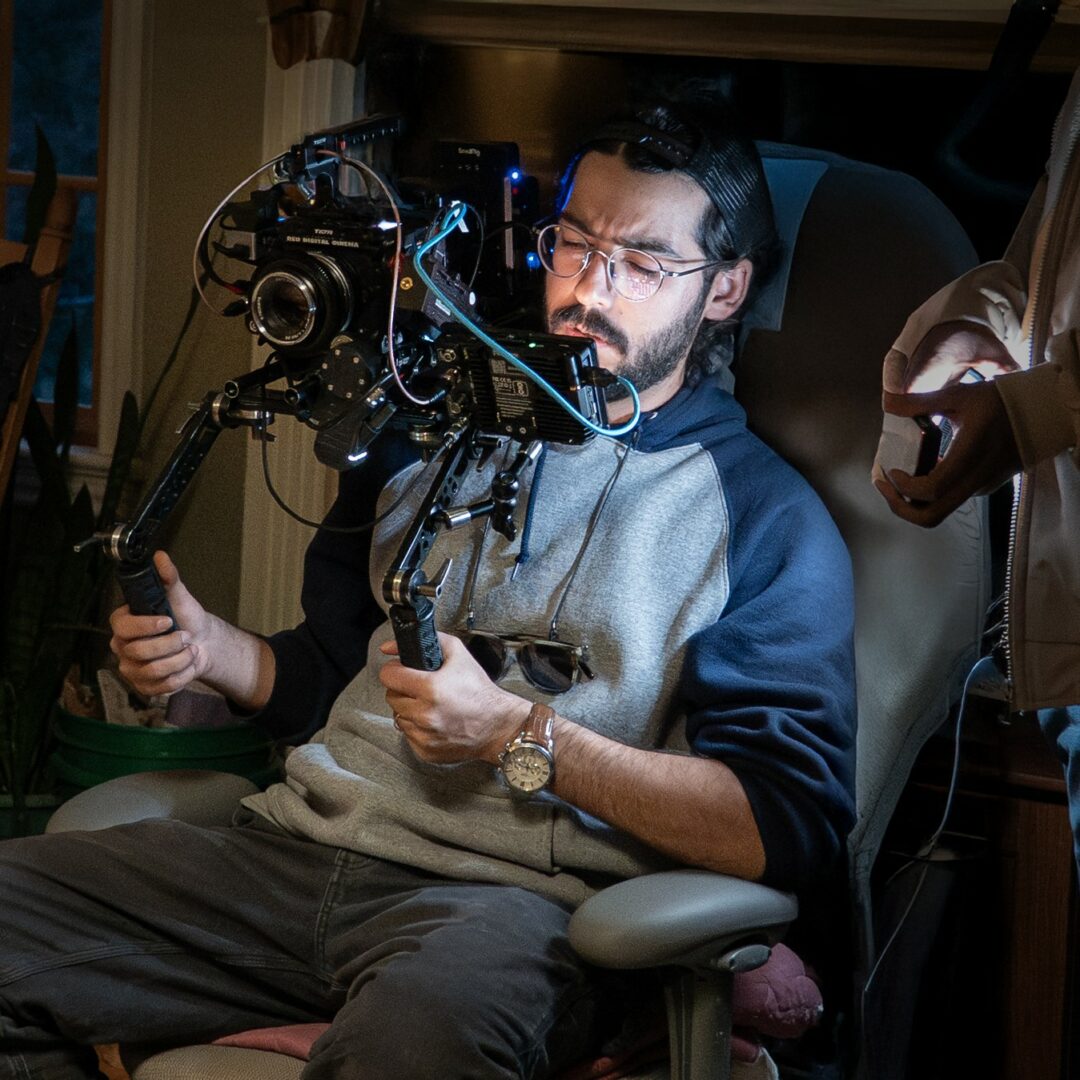We’re excited to introduce you to the always interesting and insightful MJ Golzari. We hope you’ll enjoy our conversation with MJ below.
Alright, so we’re so thrilled to have MJ with us today – welcome and maybe we can jump right into it with a question about one of your qualities that we most admire. How did you develop your work ethic? Where do you think you get it from?
As a filmmaker, I believe the work I create must be honest, honest to my spirit as the creator, and honest to the eyes, ears, and minds of the audience. I see truth as inseparable from ethics, even when that truth is harsh or painful. That’s the foundation of my work ethic: staying truthful in the stories I tell.
Throughout my career, I’ve tried to focus on themes that strengthen the ethical fabric of society—subjects like identity, memory, and resilience. This approach comes from my own life experience. I’ve seen people go through immense financial and emotional hardship, yet they held onto their integrity. They didn’t break under pressure; they kept their values intact. That kind of quiet strength shaped how I view responsibility as an artist: to create with care, honesty, and respect for the human spirit.
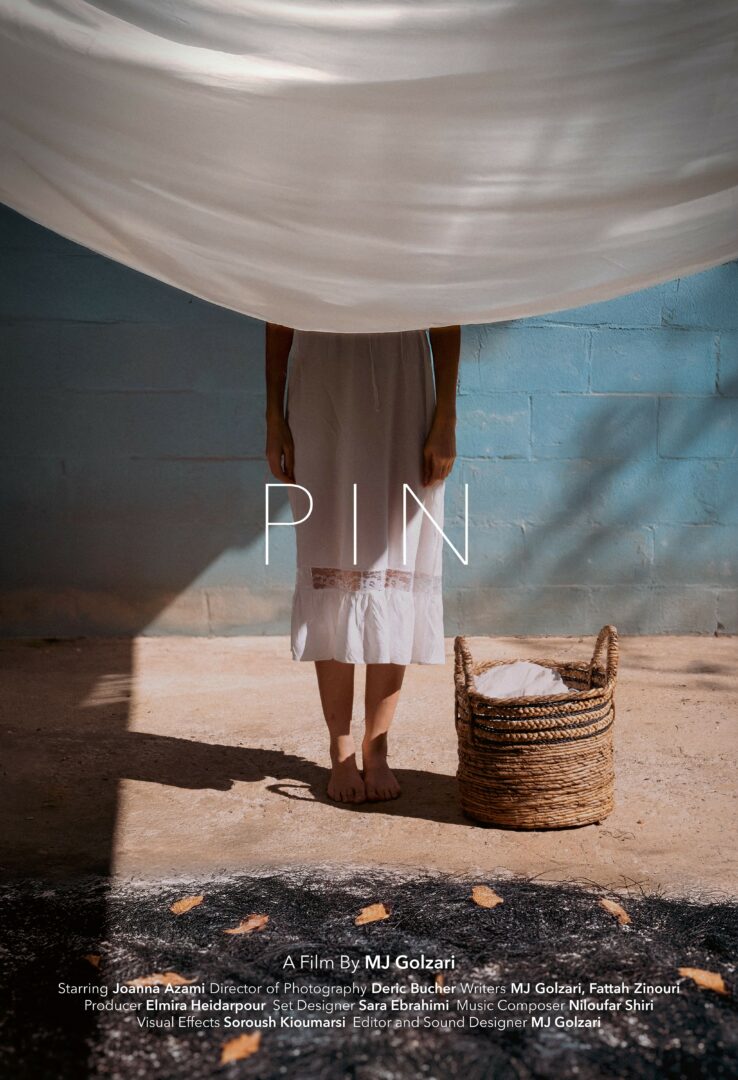
Appreciate the insights and wisdom. Before we dig deeper and ask you about the skills that matter and more, maybe you can tell our readers about yourself?
I’m an independent filmmaker and visual artist whose work blends photography, poetry, music, and cinema into a language of emotion and visual storytelling. My focus is on creating films that minimize dialogue and instead use image, rhythm, and atmosphere to explore memory, identity, and the deeper moods we all share. My artistic path has been shaped by years of hands-on experience in documentary, television, and live performance production, but what truly excites me now is crafting deeply personal, experimental work.
One of my most recent projects is a short experimental film titled “PIN”. It’s a poetic exploration of isolation, pressure, and the fragile boundary between self and society. The film takes a nontraditional approach, blurring narrative structure and relying heavily on visual metaphor and sound. PIN is currently beginning its festival journey, and I’m excited to share it with audiences who connect with bold, emotional, and image-driven work.
What makes my work special, I think, is its honesty. I’m not interested in loud declarations or fast storytelling, I want to slow people down, draw them into a feeling, a moment, or a question that lingers. That’s the heart of my goal: art that speaks softly but stays with you.
Right now, I’m continuing to develop new projects that follow this same path. Whether I’m working with actors, musicians, or designers, I see each piece as a collaboration between different languages of expression.
If my work connects with even one person in a meaningful way, makes them feel seen, or gives space to a quiet emotion, I’ve done my job.
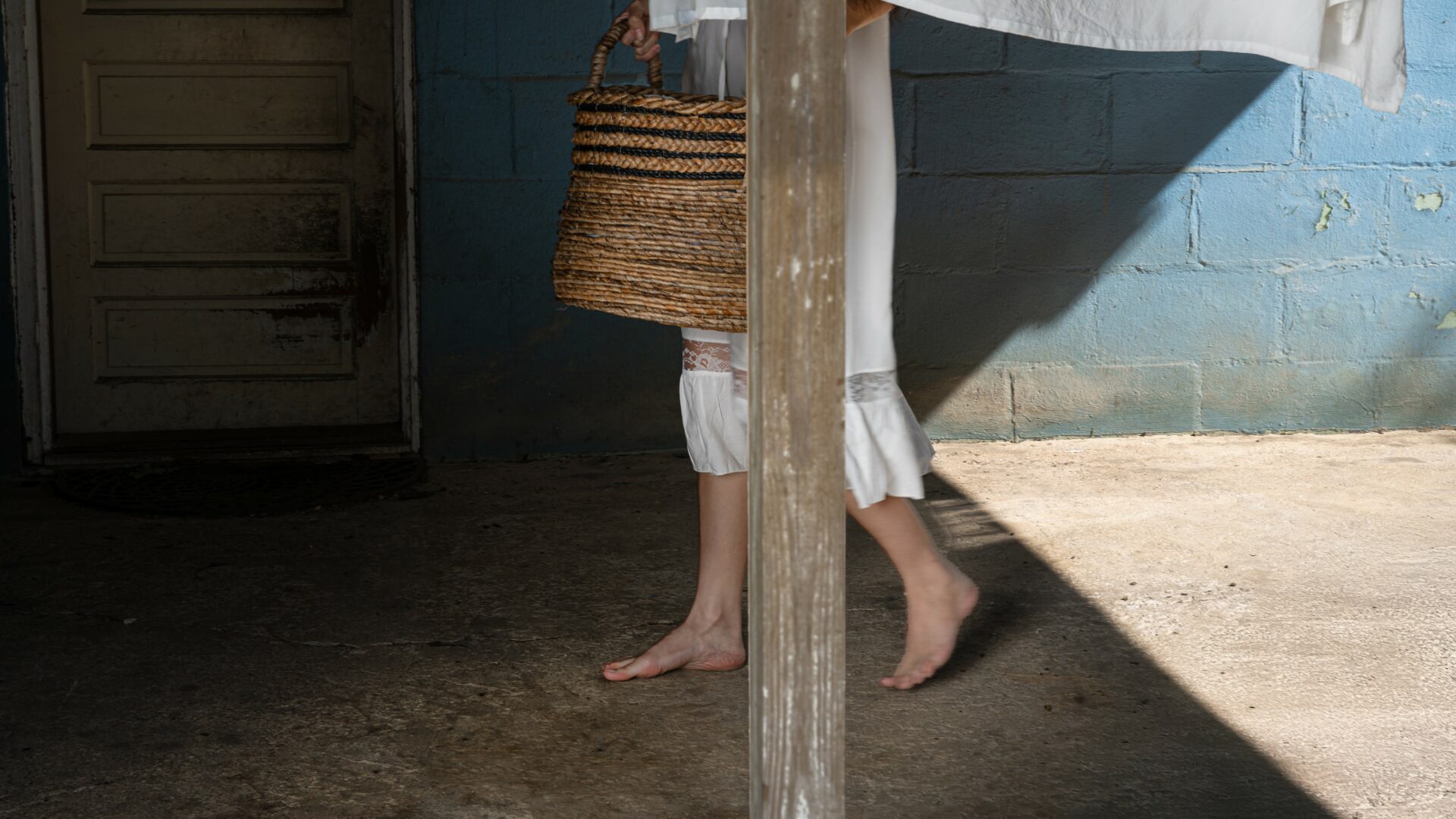
There is so much advice out there about all the different skills and qualities folks need to develop in order to succeed in today’s highly competitive environment and often it can feel overwhelming. So, if we had to break it down to just the three that matter most, which three skills or qualities would you focus on?
Looking back, three key things have shaped my journey more than anything else: learning through doing, developing a strong visual language, and staying persistent no matter what.
At the beginning of my career, I didn’t have a clear path in the film industry. I knew I wanted to be a filmmaker, but I had no real experience. The turning point came when I started working with a professional documentary editor I knew. Editing wasn’t something I was passionate about at the time, but I dove in. I learned how to cut documentaries, narrative films, TV shows, you name it. What I didn’t realize then was how much this would sharpen my eye as a director. Now, when I’m behind the camera, I can already see the final film in my head. Editing taught me rhythm, structure, and intuition, all skills that guide my directing today.
The second major influence was photography. I’ve been taking photos since I was ten, and that visual training stayed with me. It gave me a natural understanding of composition, light, and framing. Whether I’m directing or working as a cinematographer, that photographic instinct informs every shot. It’s where my visual storytelling began.
The third quality, and maybe the most important, is persistence. No one teaches you how to keep going when things don’t work out, when money is tight, or when rejection piles up. But if you stay committed, if you keep moving through doubt and failure, growth happens. That resilience is what keeps your passion alive.
My advice to anyone just starting: Don’t wait for perfect conditions. Say yes to the opportunities that come your way, even if they don’t look like your dream job at first. Every skill you pick up adds to your toolbox. Keep making things. Keep experimenting. And above all, stay curious and stay stubborn. That’s how you build a voice that’s truly your own.
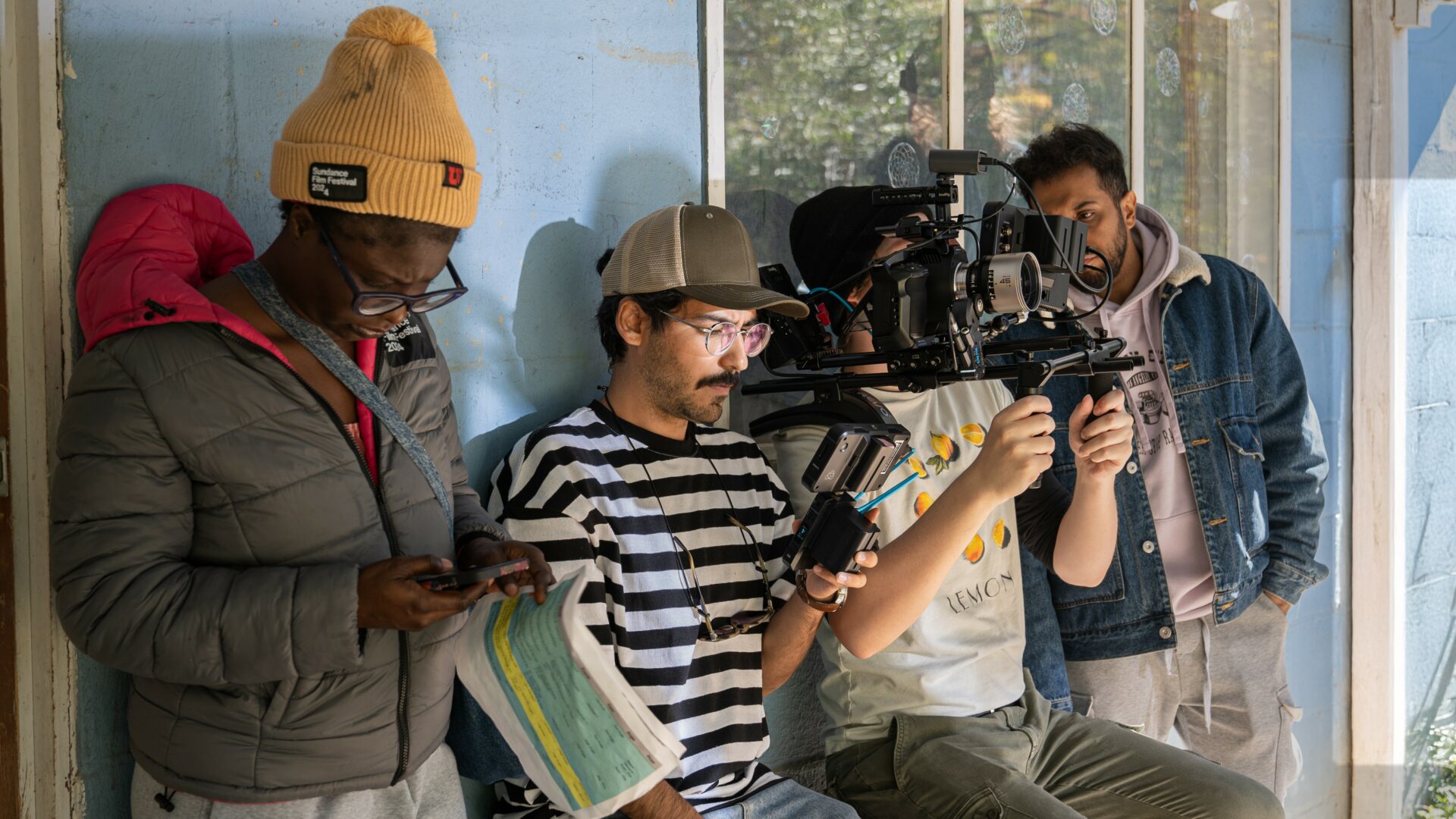
Okay, so before we go we always love to ask if you are looking for folks to partner or collaborate with?
Film is a collaborative art form, it’s built on trust, shared vision, and the unique strengths each person brings. I’m always open to working with people who value the process as much as the result. To me, a strong team member in film should have three key qualities: creativity, responsibility, and problem-solving skills. If you bring those to the table and believe in storytelling as a collective craft, I’d love to connect and explore the possibility of working together.
You can reach out to me through my website: [https://mjgolzari.com] or connect via Instagram at [@mj.golzari].
Contact Info:
- Website: https://mjgolzari.com
- Instagram: https://www.instagram.com/mj.golzari/
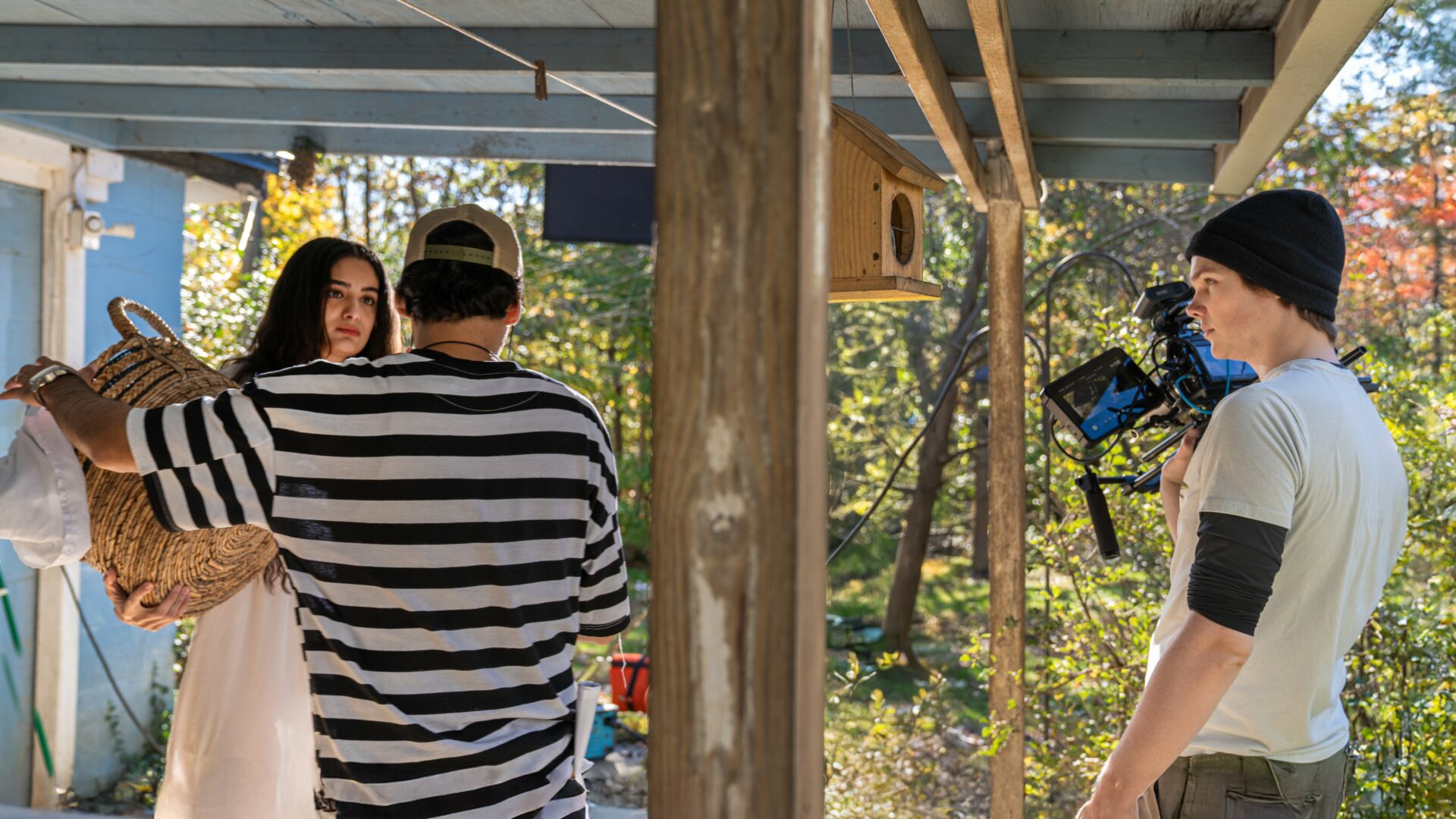
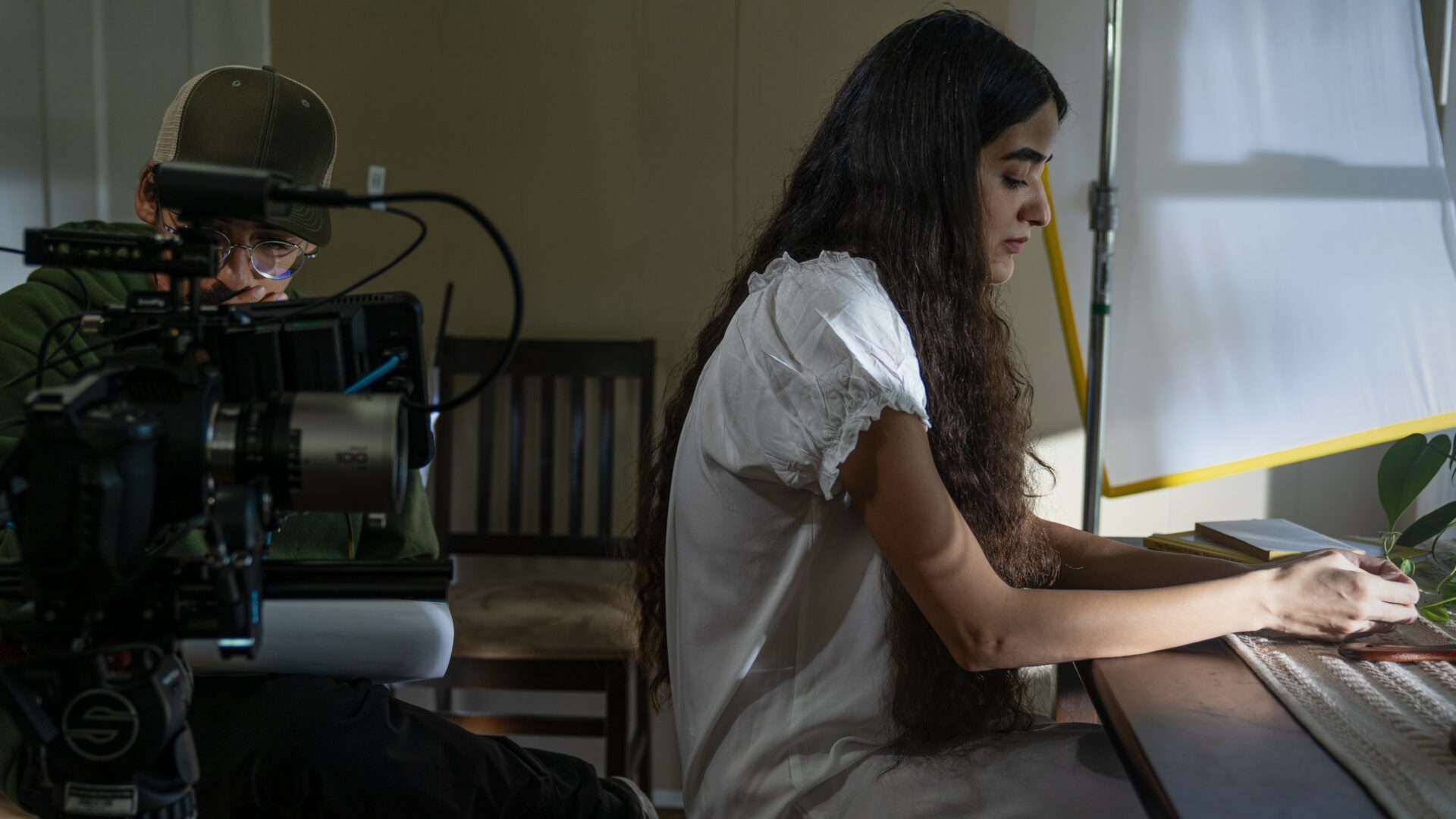
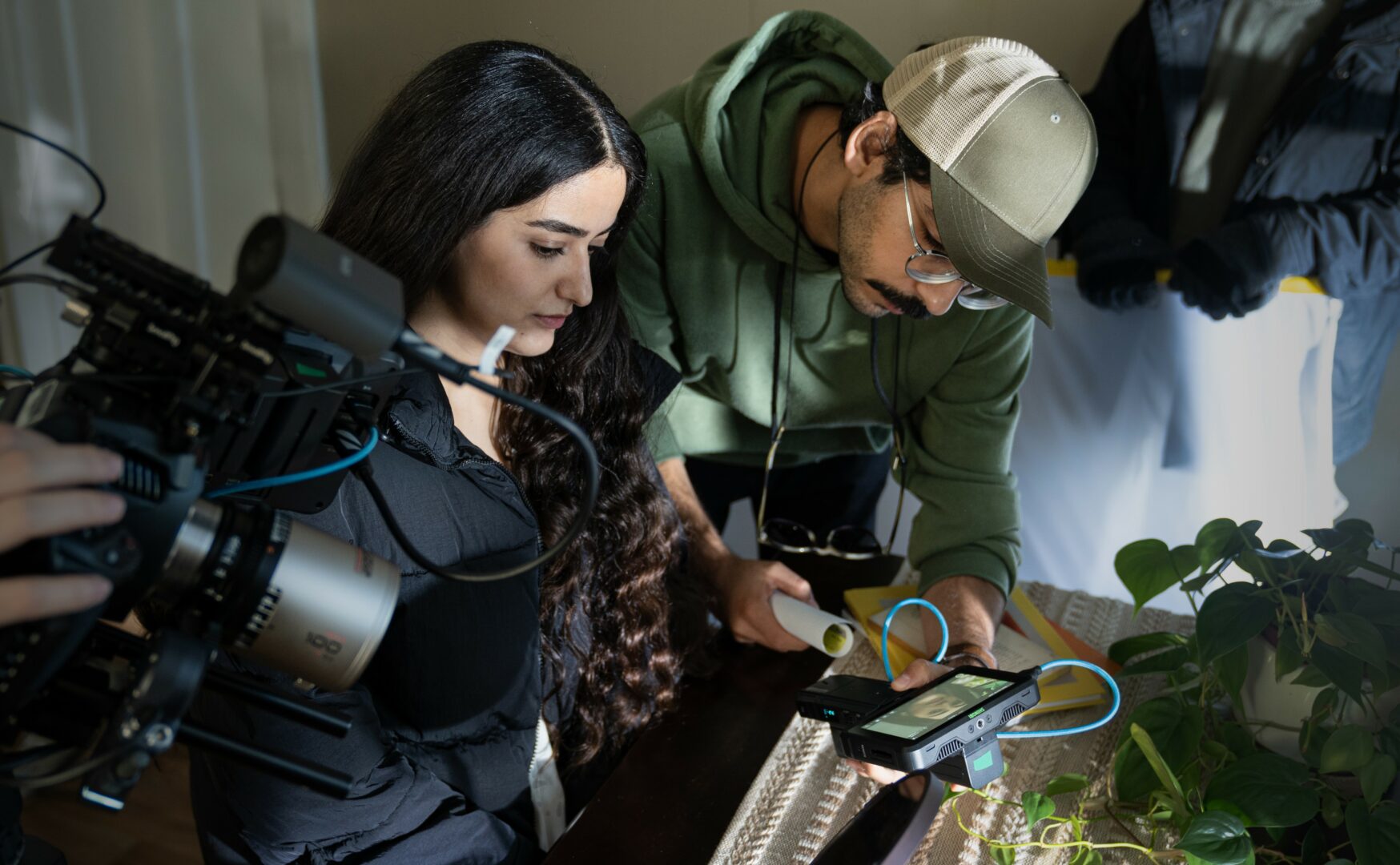
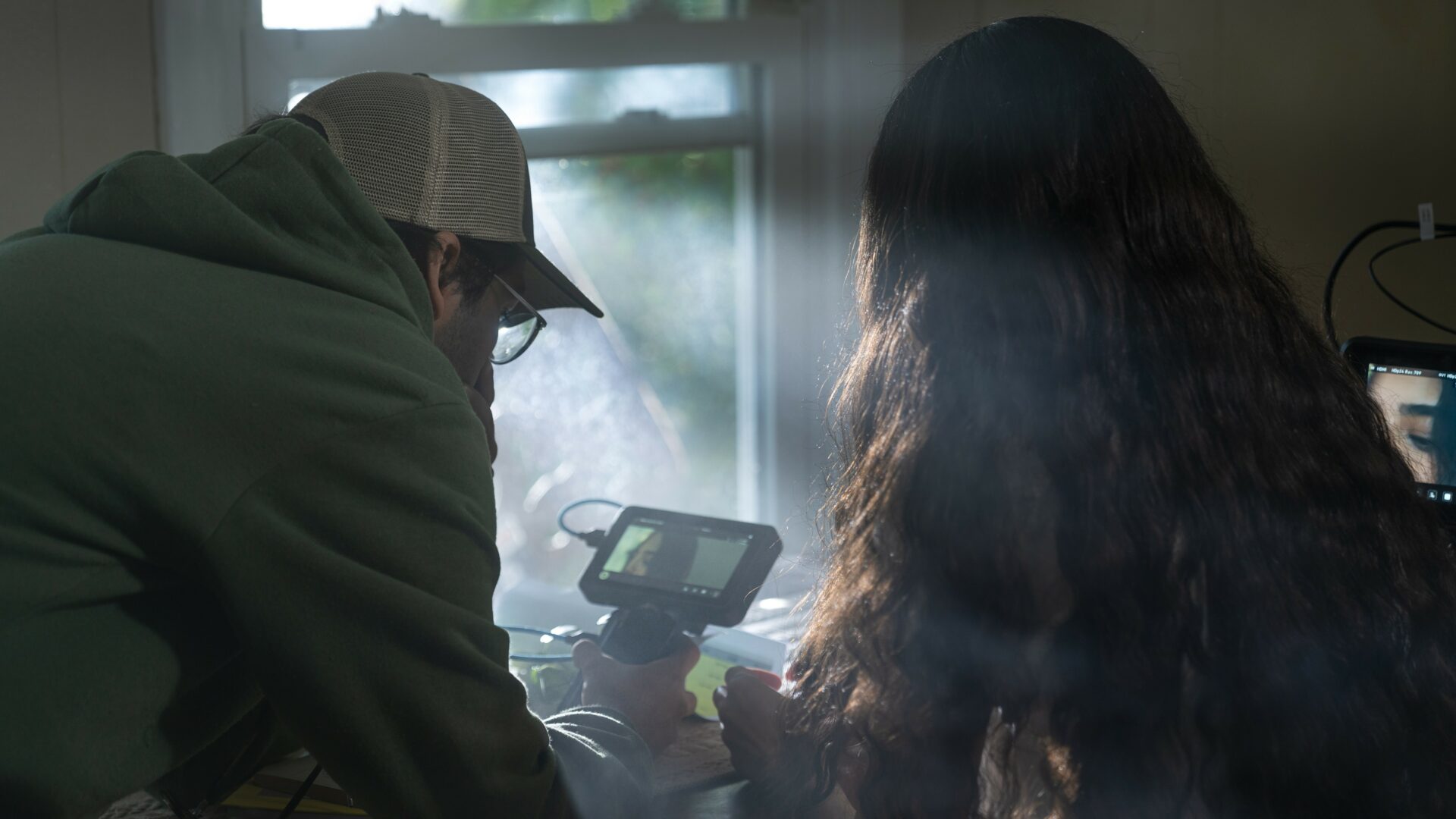
Image Credits
Amin Nakhi
so if you or someone you know deserves recognition please let us know here.

